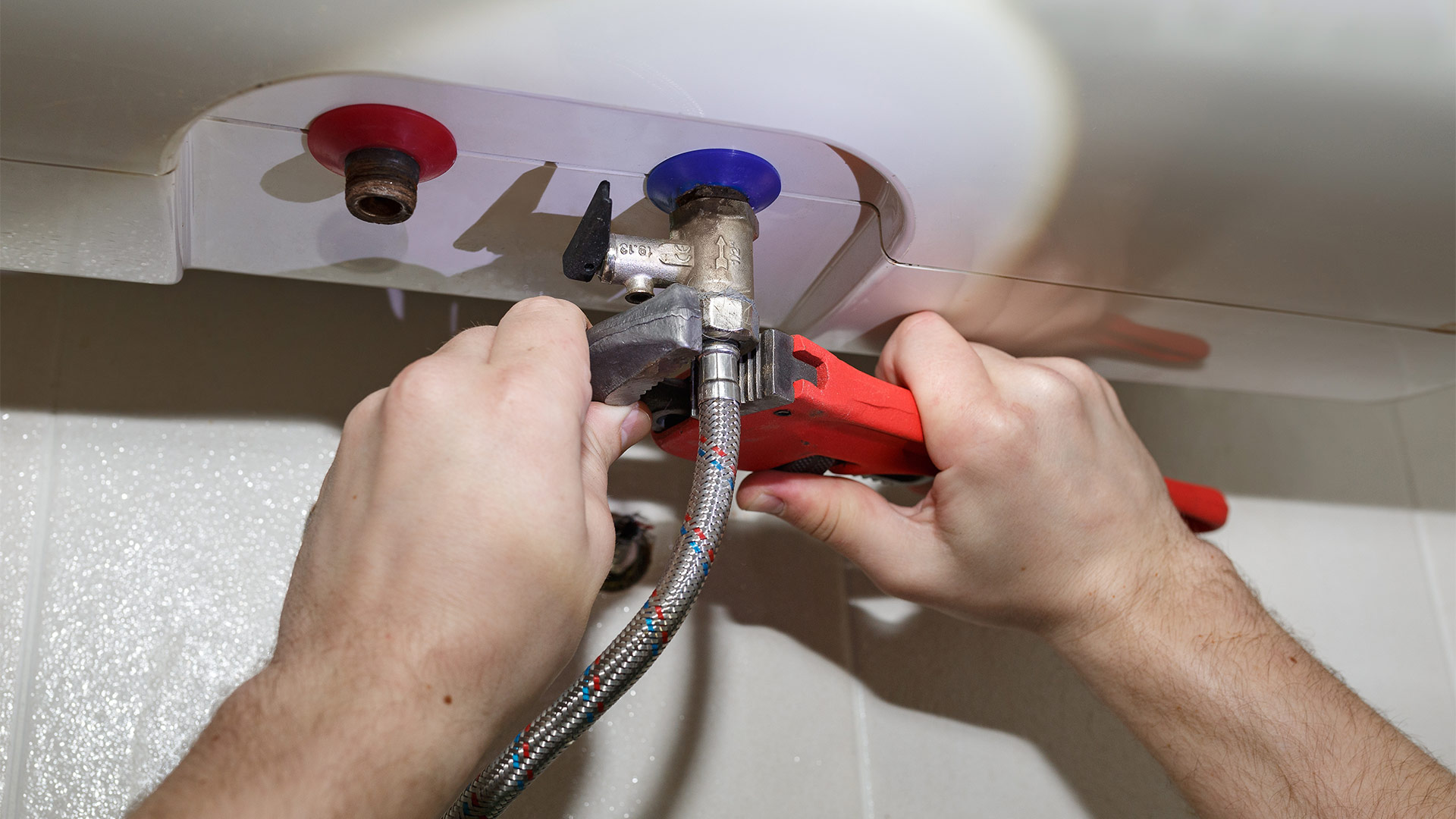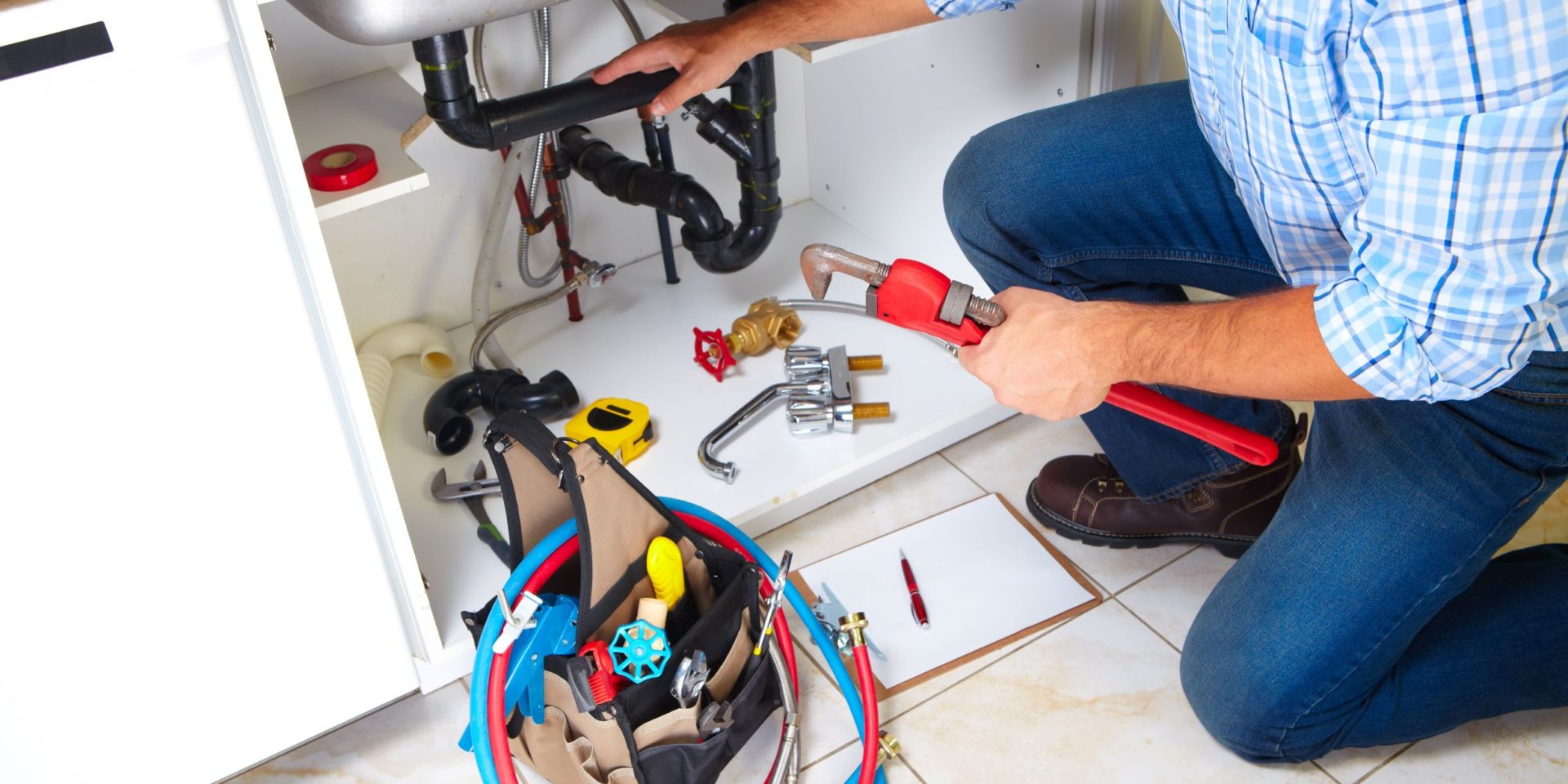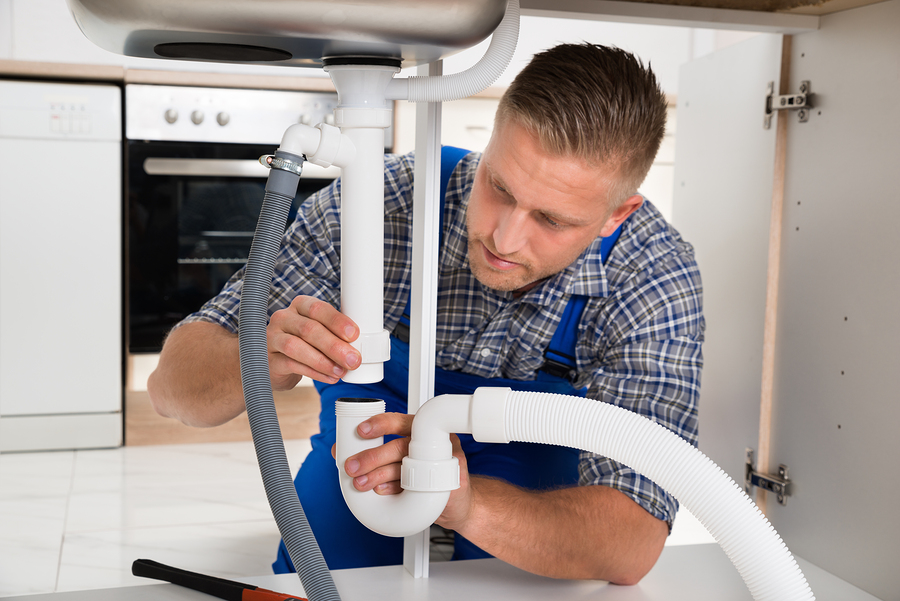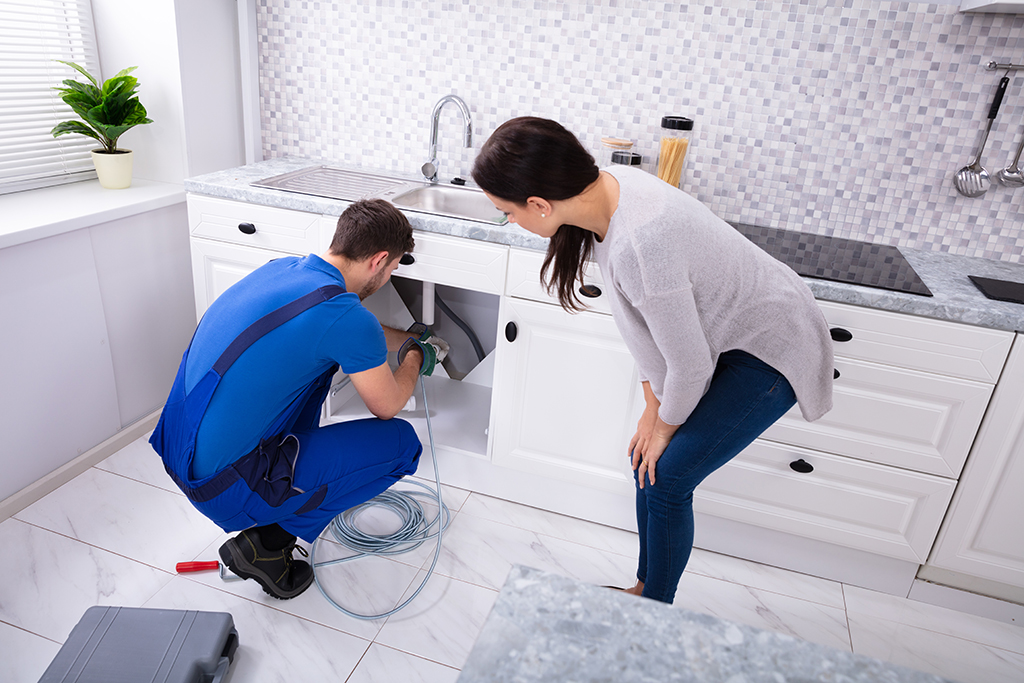Residential plumbing refers to the system of pipes, fixtures, and appliances in a private home that provide water supply, drainage, and sometimes gas supply. Residential plumbers are professionals who specialize in installing, repairing, and maintaining the plumbing systems in houses and apartments. Here are some key aspects of residential plumbing:
- Water Supply:
- Residential plumbing systems provide a continuous and safe supply of clean water for various household needs. This includes water for drinking, cooking, bathing, washing dishes, and more.
- Fixtures and Appliances:
- Plumbers install and maintain a variety of fixtures and appliances in homes, such as sinks, faucets, toilets, showers, bathtubs, dishwashers, and washing machines. They ensure these fixtures operate efficiently and are properly connected to the plumbing system.
- Drainage System:
- The drainage system in residential plumbing carries wastewater away from the house. It includes pipes, drains, and traps designed to prevent odors and gases from entering the home. Plumbers address issues such as clogs and leaks in the drainage system.
- Septic Systems:
- In homes not connected to a municipal sewer system, plumbers may be involved in the installation and maintenance of septic systems. This includes the septic tank, drain field, and associated components.
- Water Heating:
- Plumbers handle the installation and maintenance of water heating systems, which can include traditional tank water heaters or tankless water heaters. They ensure proper functioning and efficiency.
- Gas Piping:
- Some residential plumbing systems also involve gas piping for appliances like stoves, ovens, and water heaters. Plumbers with gas line expertise ensure safe installation and maintenance.
- Pipe Installation and Repair:
- Plumbers install, repair, and replace pipes in residential plumbing systems. This includes water supply pipes, drainpipes, and pipes for gas lines. Different materials such as copper, PVC, and PEX may be used depending on the application.
- Emergency Plumbing Services:
- Residential plumbers often provide emergency services to address urgent issues such as burst pipes, severe leaks, or plumbing failures that require immediate attention. They are available around the clock to handle emergencies.
- Fixture Upgrades and Replacements:
- Homeowners may hire plumbers for upgrading or replacing plumbing fixtures to improve functionality or enhance aesthetics. This could involve installing new faucets, sinks, toilets, or other fixtures.
- Plumbing Inspections:
- Plumbers conduct plumbing inspections to assess the condition of the entire system. Inspections can identify potential issues, leaks, or areas in need of maintenance or repair.
- Water Conservation:
- Plumbers may advise homeowners on water conservation practices and recommend water-saving fixtures. This helps reduce water usage, contributing to environmental sustainability and lower water bills.
- Preventive Maintenance:
- Regular preventive maintenance by plumbers can help identify and address potential problems before they escalate, extending the lifespan of plumbing components and minimizing the risk of major issues.
Residential plumbing is a vital aspect of home infrastructure, and professional plumbers play a crucial role in ensuring the functionality, safety, and efficiency of these systems. Whether it’s routine maintenance, repairs, or the installation of new components, plumbers contribute to the overall well-being and comfort of homeowners.



